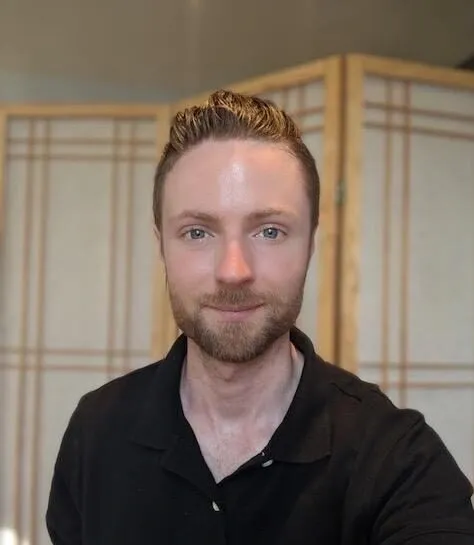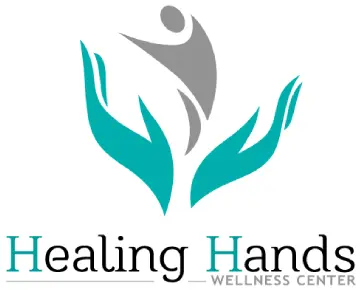Acupuncture In Los Angeles, CA

AJA TERWILLIGER, L. Ac THREE POINTS ACUPUNCTURE
office: 323.461.7876; cell: 678.598.8416
NOTE: AJA TERWILLIGER IS SEEING LOREN’S PATIENTS WHILE HE IS ON SABBATICAL. AJA IS ALSO ACCEPTING NEW PATIENTS
Aja Terwilliger, L.Ac, is a board certified acupuncturist and herbalist by the California Acupuncture Board. Aja graduated from Yo San University of Traditional Chinese Medicine in Los Angeles and completed her internship at Venice Family Clinic in Santa Monica, specializing in pain management. During Aja’s time as a student at Yo San, she was supervised by Loren Stiteler in clinic and was his student for multiple years. Aja has spent time shadowing and learning techniques from Loren and aims to facilitate her treatments in a similar way. Aja is currently a doctoral candidate at Yo San University, has her own practice called Three Points Acupuncture and, in addition to her office at Healing Hands Wellness Center in Hancock Park, she sees patients in Marina Del Rey at Thrive Health and Wellness Collective.
Recently, Aja spent 3 weeks interning as an acupuncturist at a Traditional Chinese Medicine Hospital in Hanoi, Vietnam, and was able to practice acupuncture on patients with a wide range of conditions ranging from pain management to post-stroke, and gynecology. In addition to pain management, Aja has a focus in mental health and addiction as she has worked in the field of mental health and addiction for over 10 years in many different roles. Aja currently facilitates acupuncture groups and one-on-one acupuncture sessions on site at a treatment center in West Los Angeles for those in recovery from addiction and mental health.
Acupuncture Facial Information:
Aja has a certification in Facial Acupuncture and offers acupuncture facials as an add-on to body acupuncture. Acu Facials include the insertion of fine needles along channels on the face, gua sha, and cupping. The use of acupuncture, gua sha, and cupping on the face is also helpful in treating conditions such as TMJ, facial paralysis, facial asymmetry, headaches, and general jaw and facial tension.
Facial acupuncture utilizes acupuncture points on the face to reduce the appearance of fine lines, increase muscle tone, and brighten the complexion. Particularly thin needles are used on the face and may be place directly into fine lines, deep lines, and scars.
Facial cupping: The application of oil is used in conjunction with small plastic suction cups (no flame is used) to glide cups across the surface of the face. Facial cupping helps to improve blood circulation, muscle tension, and reduces fine lines. No marks are left on skin from facial cupping.
Facial Gua Sha: the use of a smooth jade tool is GENTLY pressed against the face to reduce the appearance of fine lines, increase muscle tone and brighten the complexion. No petechiae (small red marks) are produced on the face.
Mondays 10am-4pm, Tuesdays 1pm-7pm, and Thursdays 10am-7pm
Cost: $180 initial visit; $125 follow-up visits*
*Aja does not accept insurance but a superbill can be provided upon request
LOREN STITELER, LAc
(323) 461-7876
LOREN IS CURRENTLY ON SABBATICAL AND WILL RETURN IN THE FALL OF 2025

Loren Stiteler, is a second generation licensed acupuncturist and Chinese herbalist making him one of the few multigenerational practitioners of non-East Asian descent. Growing up around the art engendered within him a keen interest in the Chinese traditional sciences. And when he began his undergraduate education, he finally had the opportunity to travel to China where he fulfilled his childhood dream of studying Mandarin. He now uses his linguistic skills to research ancient literature and teach medicine, philosophy, and history at Yo San University of Traditional Chinese Medicine.According to Loren, “The benefit of acupuncture does not come from the needle, itself, but from the hand that holds it” meaning acupuncture is a skill-based technique where the practitioner remains in the treatment room ensuring he achieves his intended effect. As a result, it is not unusual for Loren to hear, “Wow. I have been doing acupuncture for years, but I have never experienced anything like that!”Loren also boasts an expert command of Chinese herbal medicine. By combining herbal medicine with his hands-on approach, Loren is capable of treating a whole host of illnesses ranging from aches, pains, and injuries, to acid reflux and IBS, anxiety and depression, to menstrual pain and erectile dysfunction, and even easing menopause and healthy aging.Though it is true that Loren began his studies out of his love for traditional Chinese culture, he continues to practice it because of just how well it WORKS, and he is pleased to show Larchmont just how much this medicine can do.
Tuesday – Friday 10am – 6pm
Treatment cost: $180 initial visit; $90 follow-up visits
Loren does not accept insurance, but a superbill can be provided upon request
